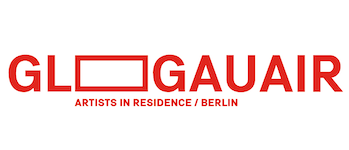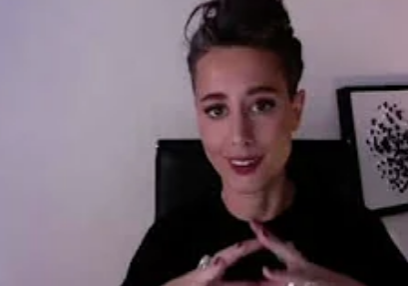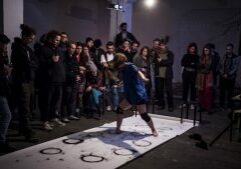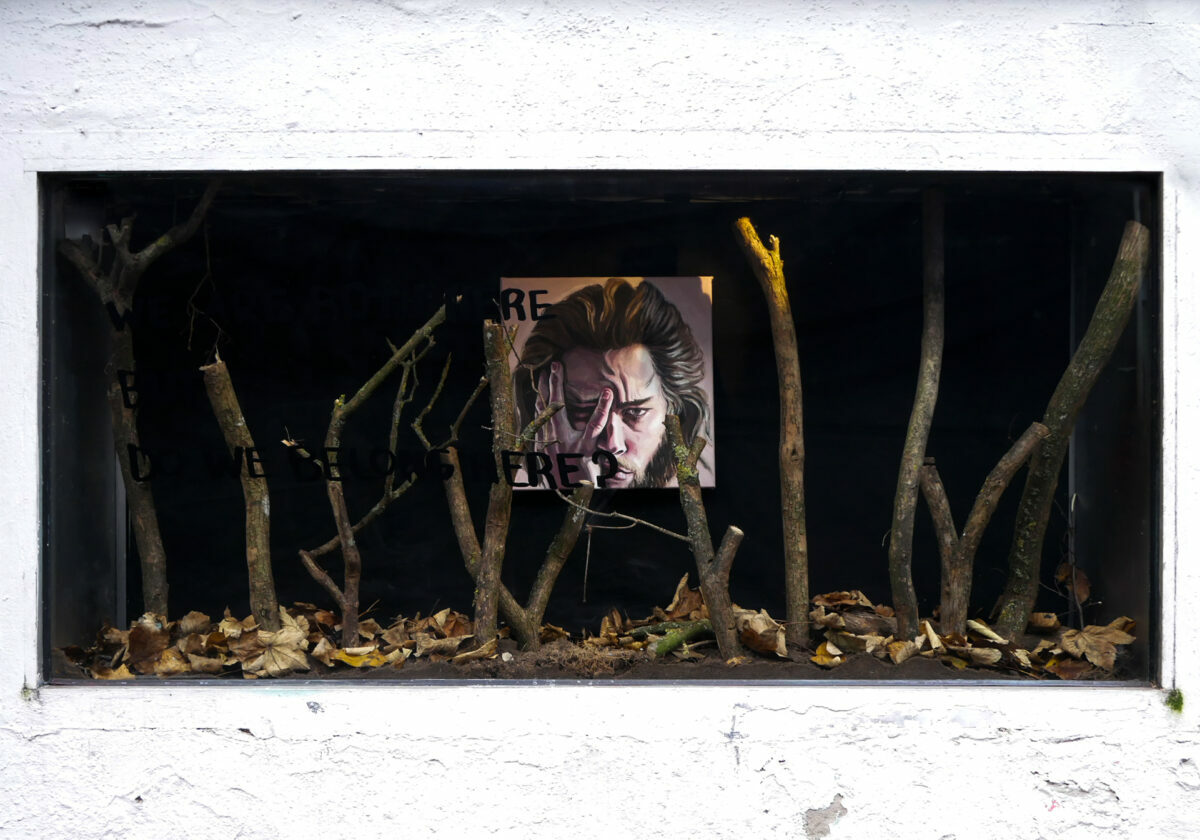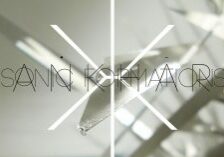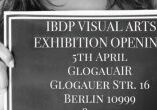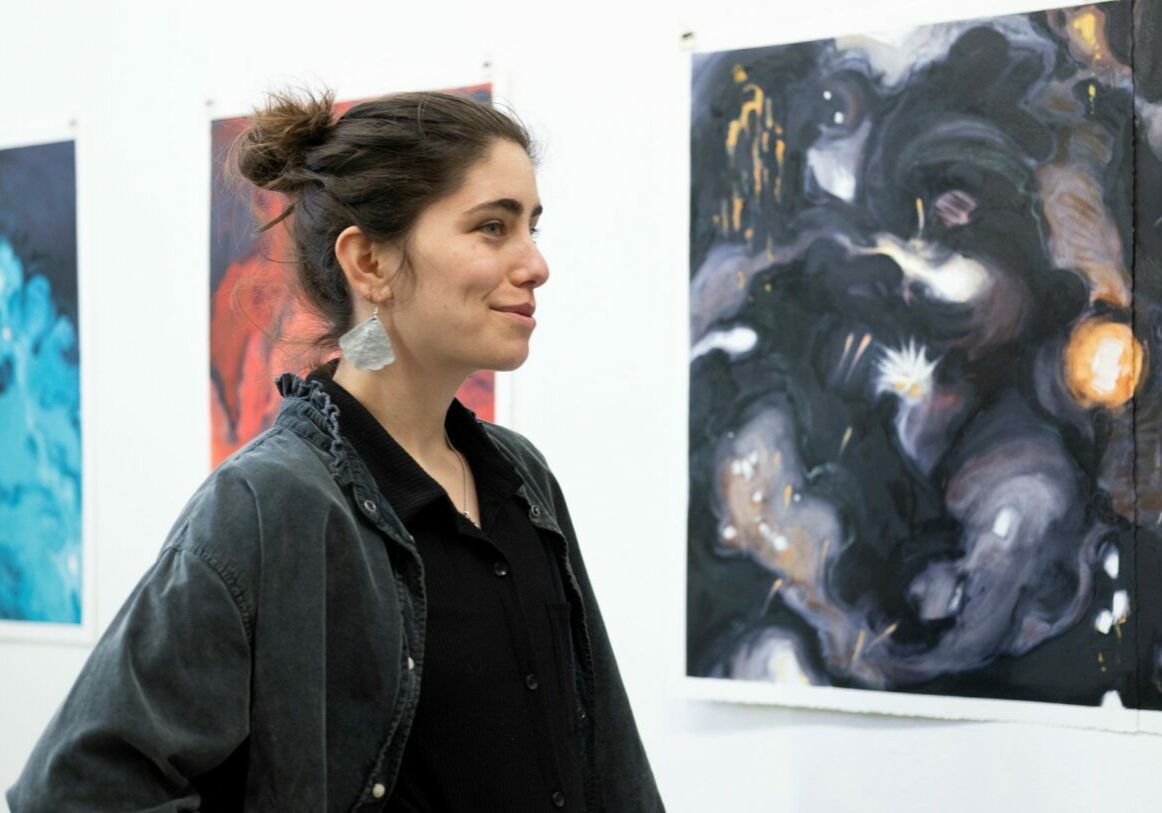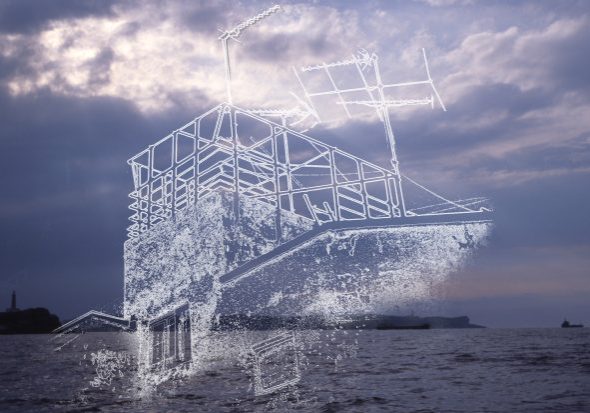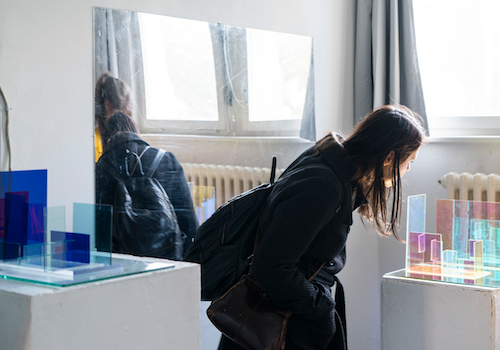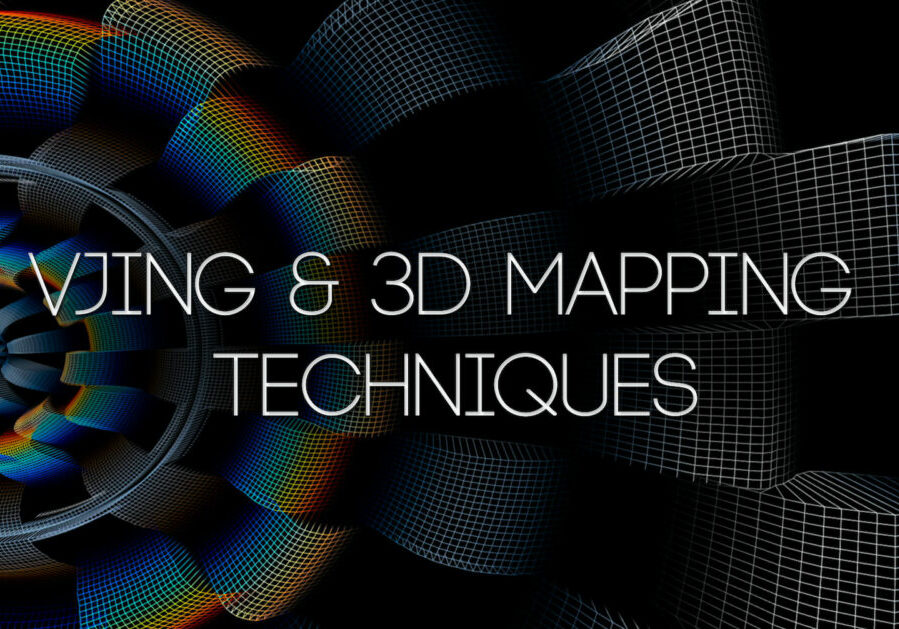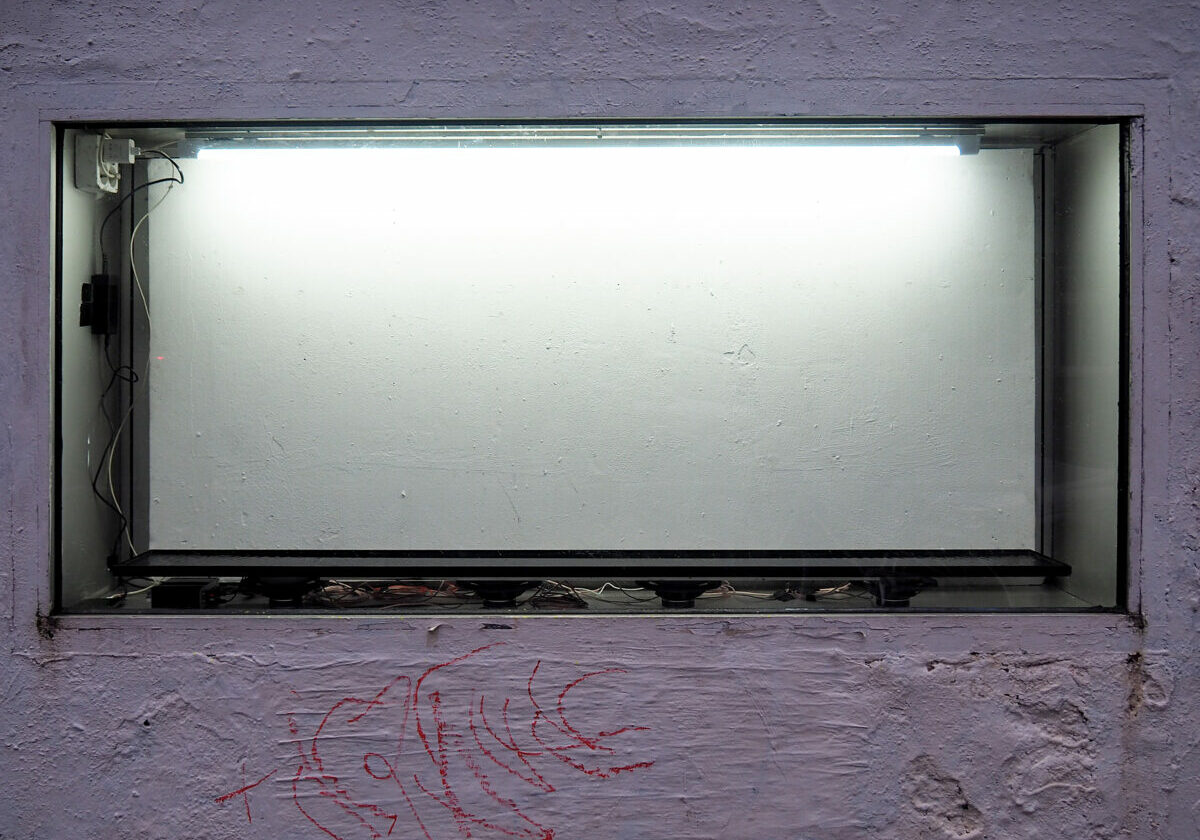Meet the Artist // Lena Becerra
Lena Becerra is a visual artist from Argentina working across multiple mediums. Her practice revolves around poetical approaches on a social hatch and, in particular, to the exploration of the sensitive layers of xenofeminism.
She creates hybrid organisms where the border between gender, sexuality, technology and nature are not defined, as well as notions around the sublimation of imposed structures.
Becerra places materials in constant tension, enhancing the visceral seductiveness of her work. When looking deeper into her pieces, this feeling can quickly turn dark, mysterious and almost threatening. Becerra reflects on the complexities of the world she inhabits, addressing a dialogue between personal and collective memory and trauma.
Becerra’s latest work explores a restorative and imaginary work of a space of absence, through the idea of pleats and fissures in memory and trauma. Fragmented, mistaken, mutant, memories rise from those dark holes in the plot and materialise in the present narrative as a multi-layered organism.
How did your artistic journey begin?
I believe it was somewhere around the age of 5. My mom is an educator and a creative. My dad was a writer, a poet and had many jobs and professions. He never finished one but studied many things; something I can relate to. One of his jobs was as a carpenter and we had a lot of wood and paint at home. I used to play with them and build or paint random things. Since I showed a lot of interest from a young age, both my parents would encourage this and always provided me with space and materials to explore. I would always have a corner or a table with my stuff and would build objects that would tell a story but had very weird or no utility at all. I always knew I wanted to pursue an artistic career, but it was a great relief to find out in my first year of university that what I was actually developing as a child, was my very own artistic language.

How would you describe your practice as an artist?
Even though I was trained as a printmaker in university, I believe that those disciplinary boundaries diluted over time as my visual language expanded. I like to think of my practice as a laboratory of multiple unspecific non-disciplinary investigations. A place where I dig into my personal mental map and find connections with my context, where I expose my political views and opinions but allow others to experience this through their own subjectivity.
Right now, I am developing a series of organisms that explore an imaginary and restorative work of a space of absence. These mutable compositions also expose a fragmented, fractured memory, and they exist within a xenofeminist perspective that tenses the boundaries of technology, gender, human and non-human, industrial, organic and synthetic.
What inspires you to create your art?
I am a very curious person. I get inspired from all kinds of things and not often strictly art related. I enjoy taking lots of walks with no direction and looking at things in the street where I get fascinated with shapes in nature, in rubbish, in forgotten elements, in technology, buildings, in people’s interactions and bodies, in meeting new people and knowing about their interests, their scars, in psychology, the list can go on.
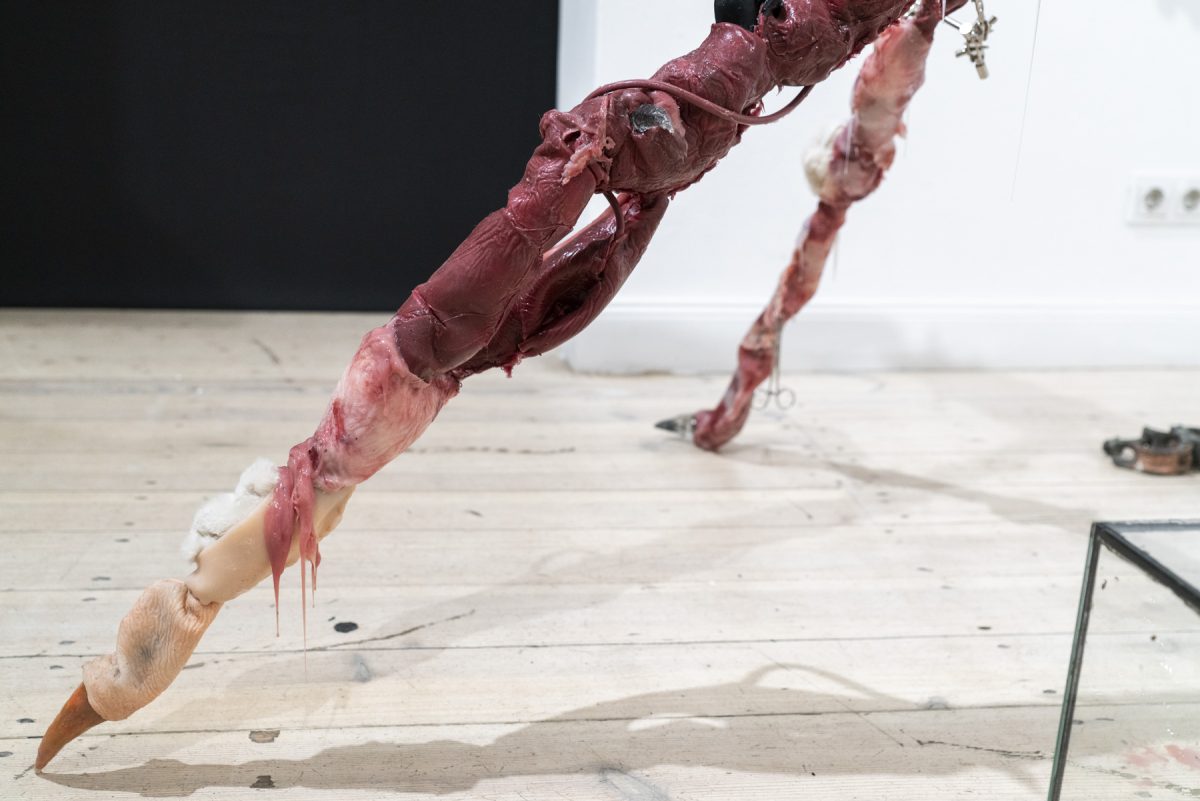
What influenced your decision to come to GlogauAIR?
I first visited Berlin in 2022 and had a studio for about 6 months. In the beginning of 2023 I decided it was time to participate in a residency space and did a short experience at a studio in Wedding where I built the work for my first solo exhibition in Berlin at MOLT.
I then applied for GlogauAIR as I felt the need to be around a community of artists. I conceive my practice as a social matter and find it very important to promote constant exchange with others. I also get motivation from working on a specific project and seeing it develop over time. The idea of working towards Open Studios helps me to focus on more site-specific work.
Does the city of Berlin have an influence on your production?
I formed a very deep bond with Berlin, since the first time I visited the city a few years ago I decided that one day I wanted to live here. There was something that made me feel like home, a mix of uncomfortable – confronting and also seductive – welcoming sensation enhanced my visceral relationship with this city and its history. I consider myself quite nomadic and living across multiple cities constantly moving, however being here has definitely deepened certain aspects of my practice, particularly my relationship with memory and generational trauma.

